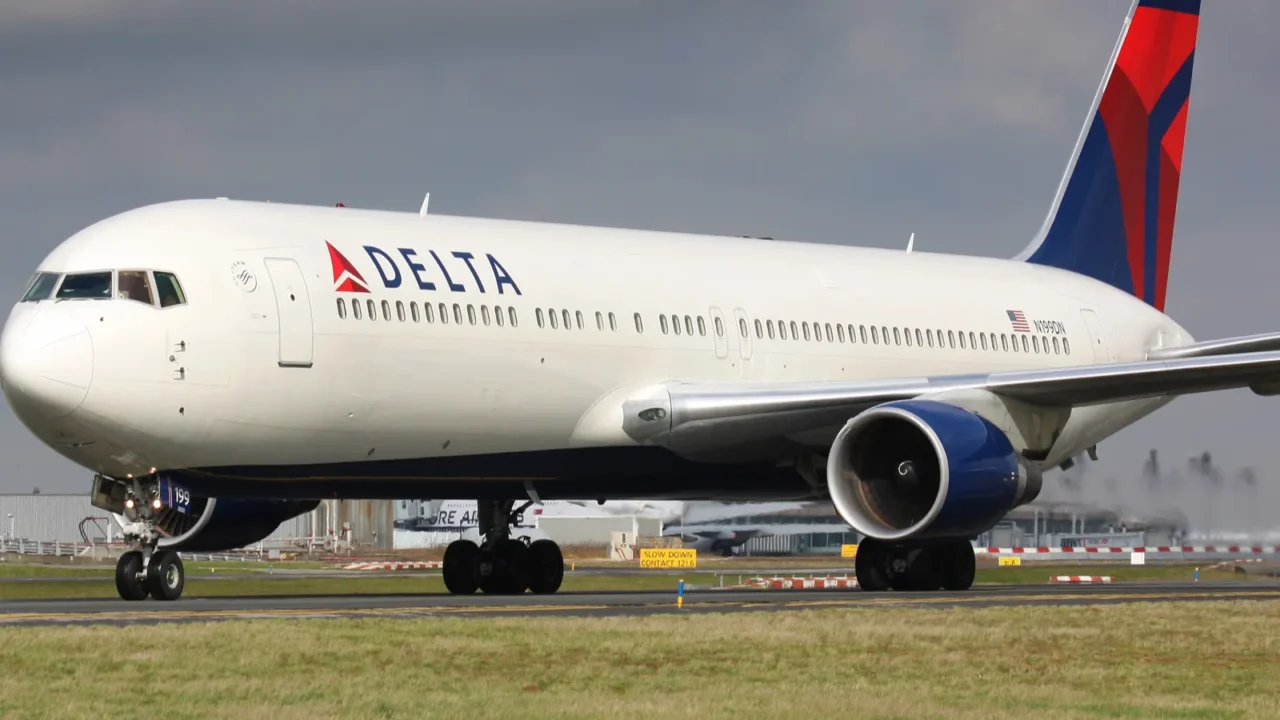
Delta shifts growth strategy
Delta is pulling back on its original plans to expand in late 2025. Instead of adding more flights, the airline will keep capacity flat compared to last year.
This move reflects broader economic uncertainty and softer demand in some markets. By adjusting supply to match demand, Delta hopes to keep planes fuller, flights on time, and finances healthy.
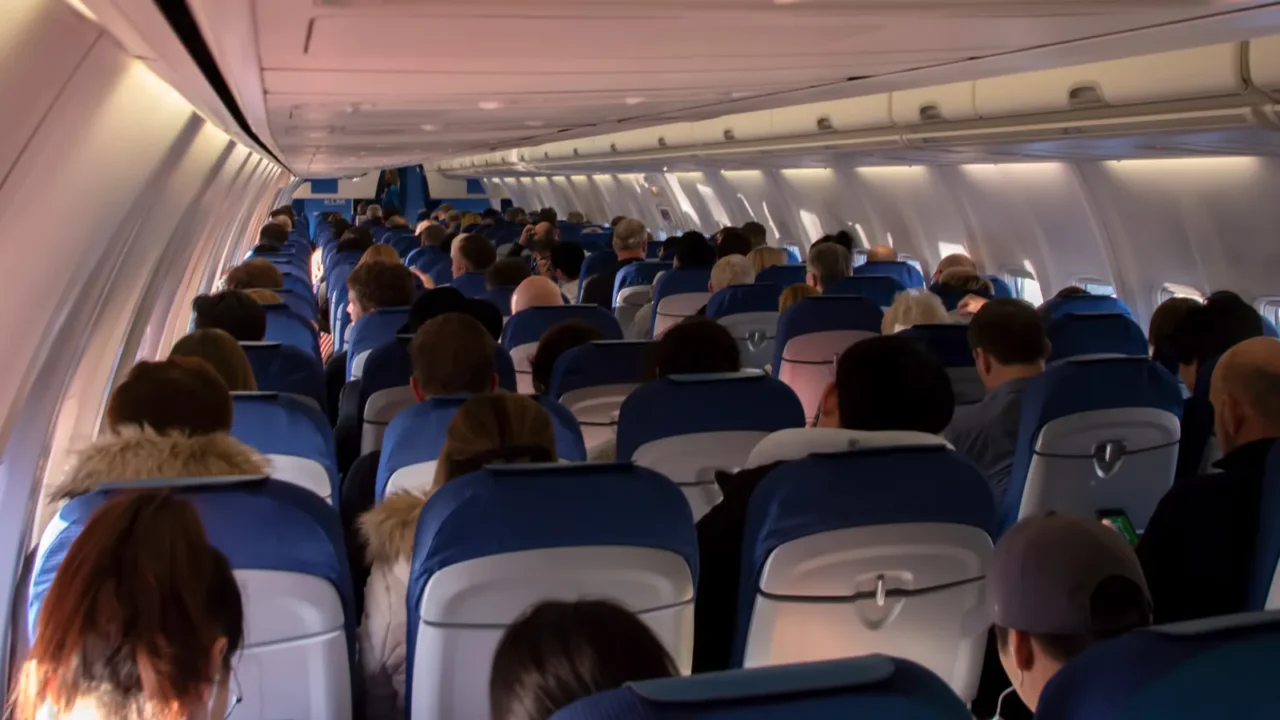
Why slowing growth matters
Scaling back expansion may sound negative, but it often keeps airlines strong. Fewer empty seats mean less waste and better efficiency.
Delta believes this careful approach will protect profits while avoiding overcapacity. For passengers, it could mean steadier schedules and fewer cancellations, especially during busy travel seasons.
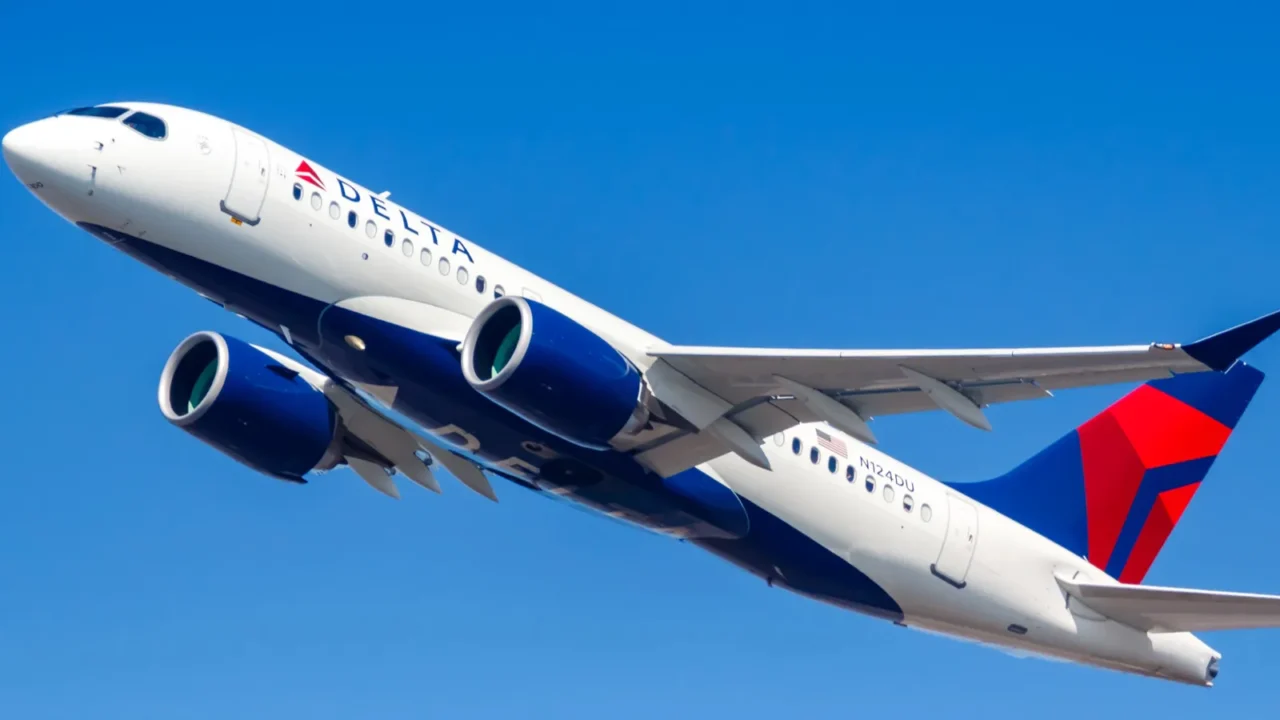
A leader in on-time flights
Delta continues to lead U.S. airlines in punctuality. In 2024, it was named the most on-time airline in North America. On-time departures and arrivals make a huge difference for travelers juggling connections or tight schedules.
Delta’s focus on reliability is designed to win customer trust even as it makes other big changes. Industry reports credit its strong operational systems and dedicated staff for keeping performance levels high across multiple hubs.
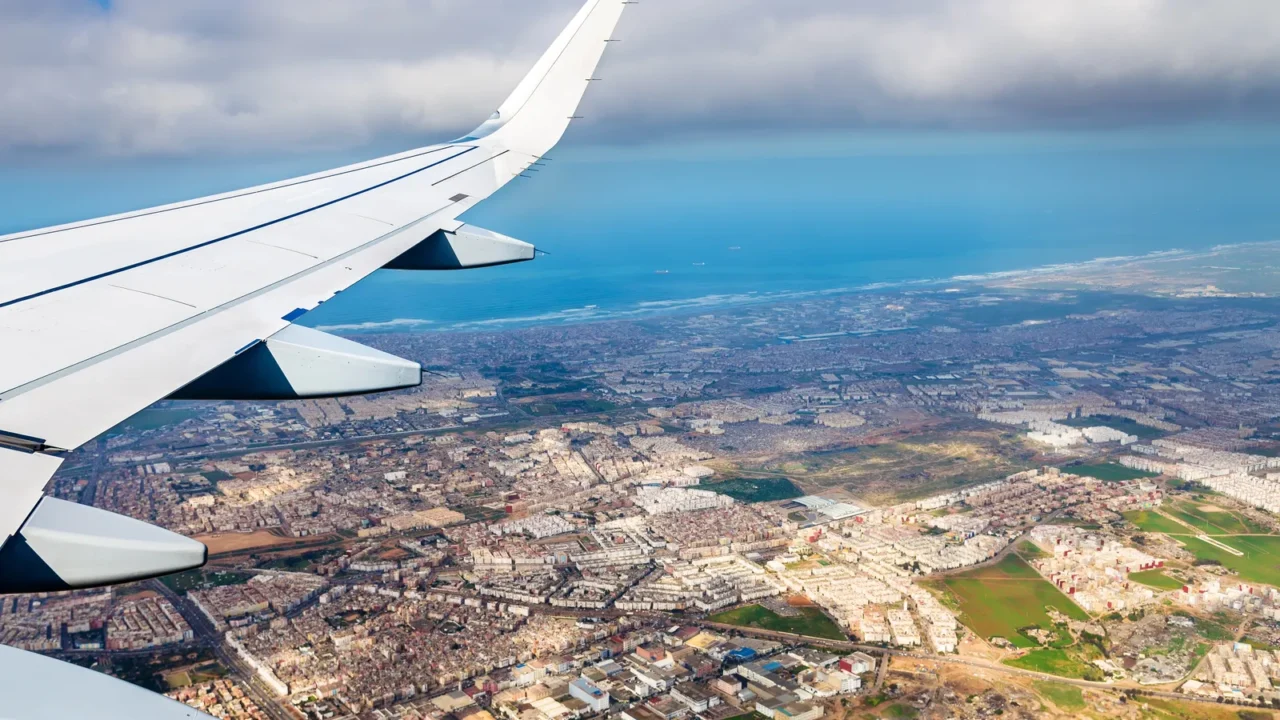
New international adventures
In 2025, Delta is adding nonstop routes to faraway destinations. New routes include nonstop service to Marrakech, Morocco; Accra, Ghana; and Melbourne, Australia—expanding Delta’s long-haul international network.
These routes give Americans more direct access to both leisure and business hubs. Delta is also resuming daily service from New York’s JFK Airport to Tel Aviv starting September 1, 2025.

Federal refund rules change
The U.S. Department of Transportation introduced a new rule in 2025 requiring automatic refunds for significant cancellations or big schedule changes. Even if a ticket was nonrefundable, passengers are now entitled to money back when flights are disrupted.
This makes refunds faster and easier without long waits or confusing requests. Airlines, including Delta, must now update internal systems to ensure refunds are processed automatically instead of leaving customers waiting.
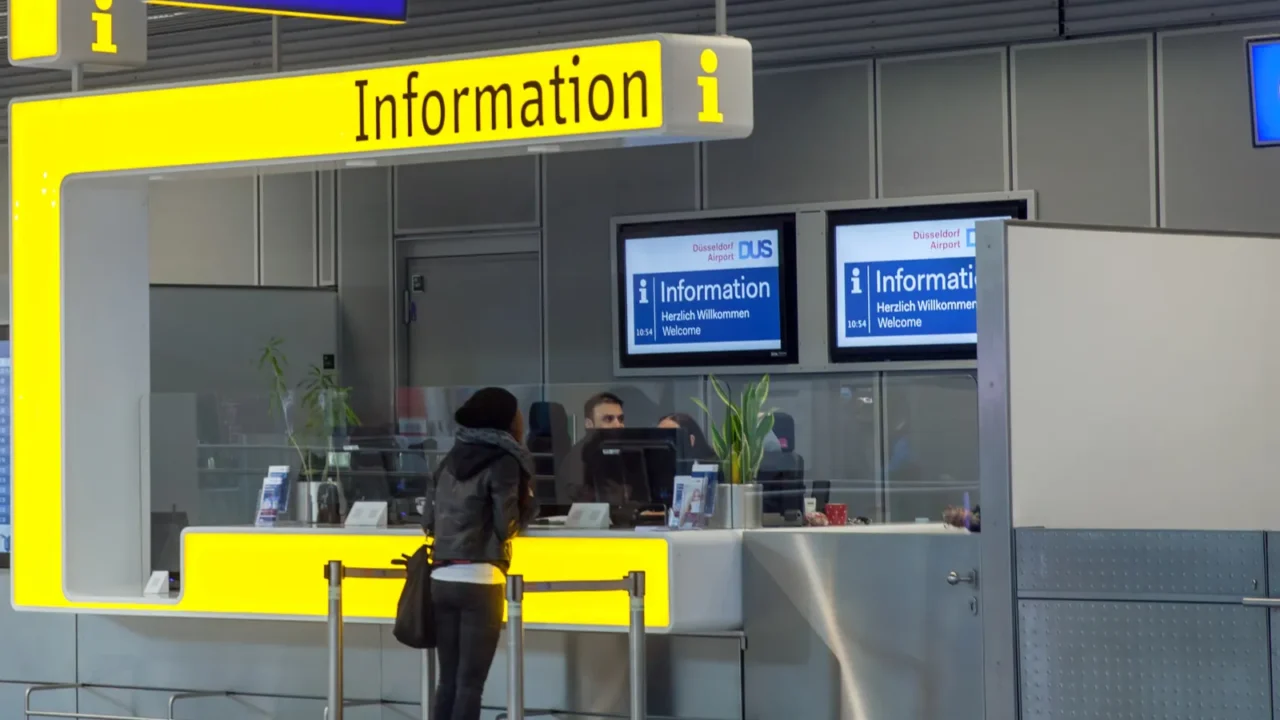
What counts as a major change
Under the new rules, a “significant change” can mean a flight moved by several hours or a switch to a different airport. It also includes cutting connections or lowering service levels.
Delta is working to implement these protections in compliance with federal rules, aiming to make refund claims faster and less burdensome for travelers. This adds an extra layer of security for anyone worried about disruptions when booking long trips.
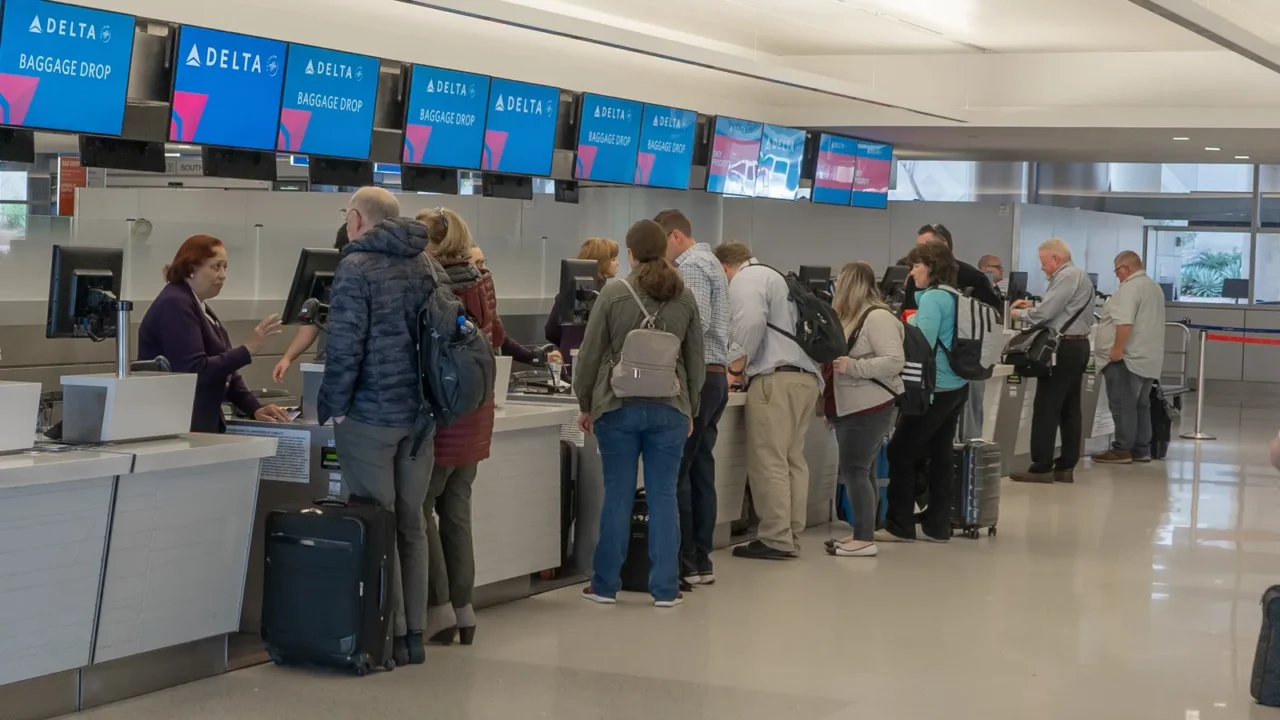
REAL ID deadline arrives
Starting May 7, 2025, all travelers aged 18 and older must have a REAL ID-compliant license or another acceptable ID to board domestic flights. Delta and all other U.S. airlines must enforce this rule.
Passengers without a proper ID will be turned away at security, so it’s critical to check your documents well before traveling. Airports expect longer lines around the deadline, making early preparation especially important for smooth travel.
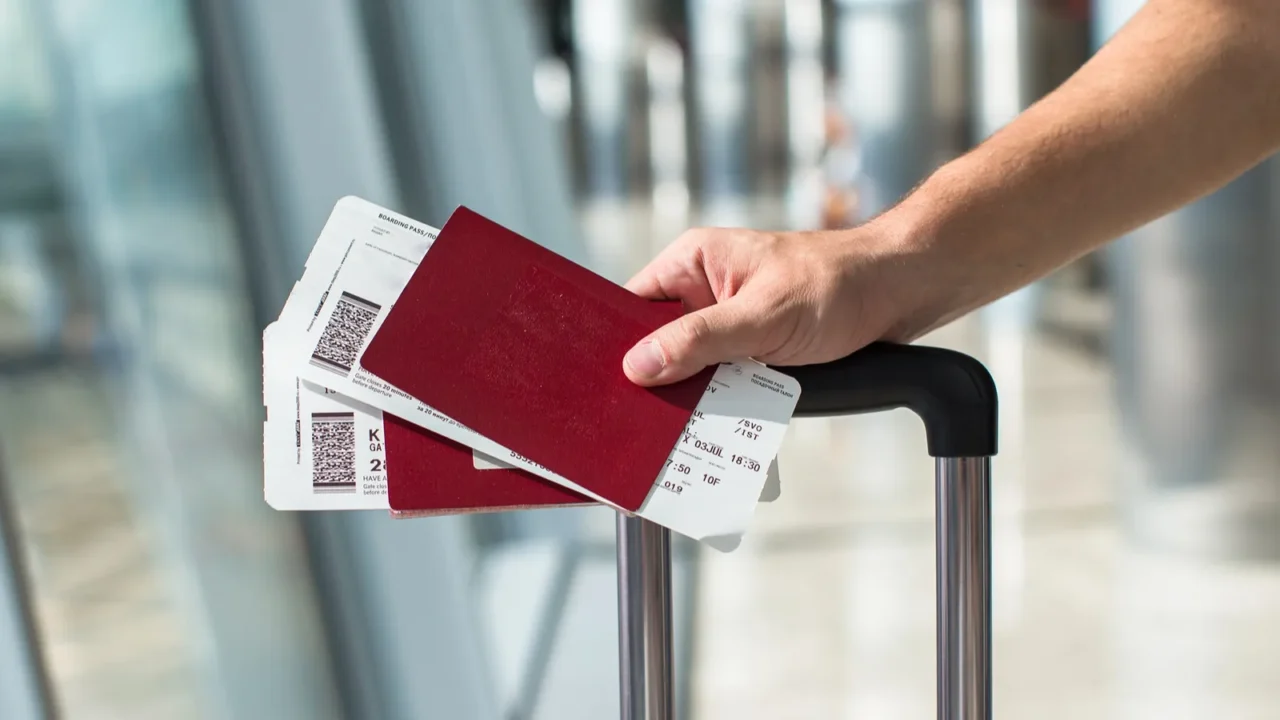
Other IDs that still work
If you don’t have a REAL ID, a valid passport, passport card, or military ID can still get you through TSA checkpoints. Delta has been reminding customers of this rule for months to help avoid airport stress.
Checking your ID now saves headaches later, especially as the deadline approaches. For international travelers, keeping a valid passport updated is the easiest way to meet all requirements without extra steps.
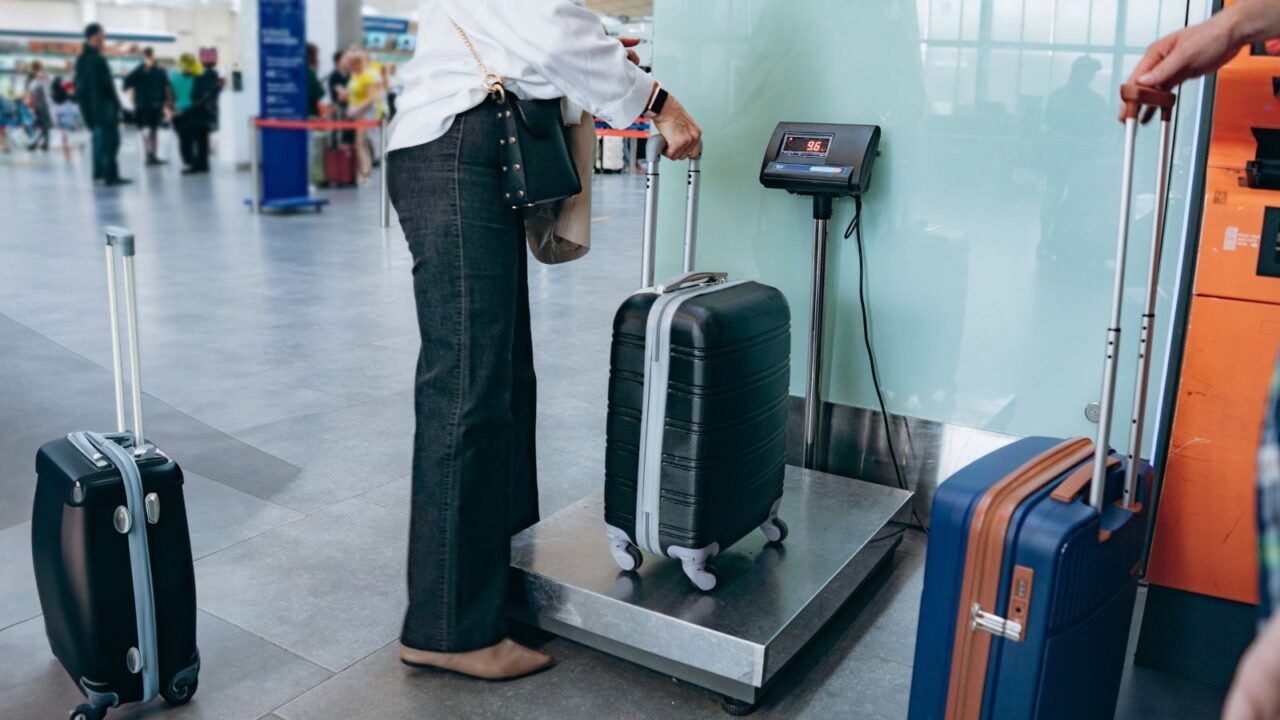
Carry-on rules updated
Airlines, including Delta, are applying stricter carry-on size and weight limits in 2025. Overstuffed bags or those that don’t fit overhead bins may face new fees. Travelers should double-check dimensions before heading to the airport.
Delta says these policies keep boarding smoother, flights safer, and cabins less crowded with oversized luggage. Smaller, organized luggage also makes it easier for passengers to find space quickly and avoid last-minute gate checks.
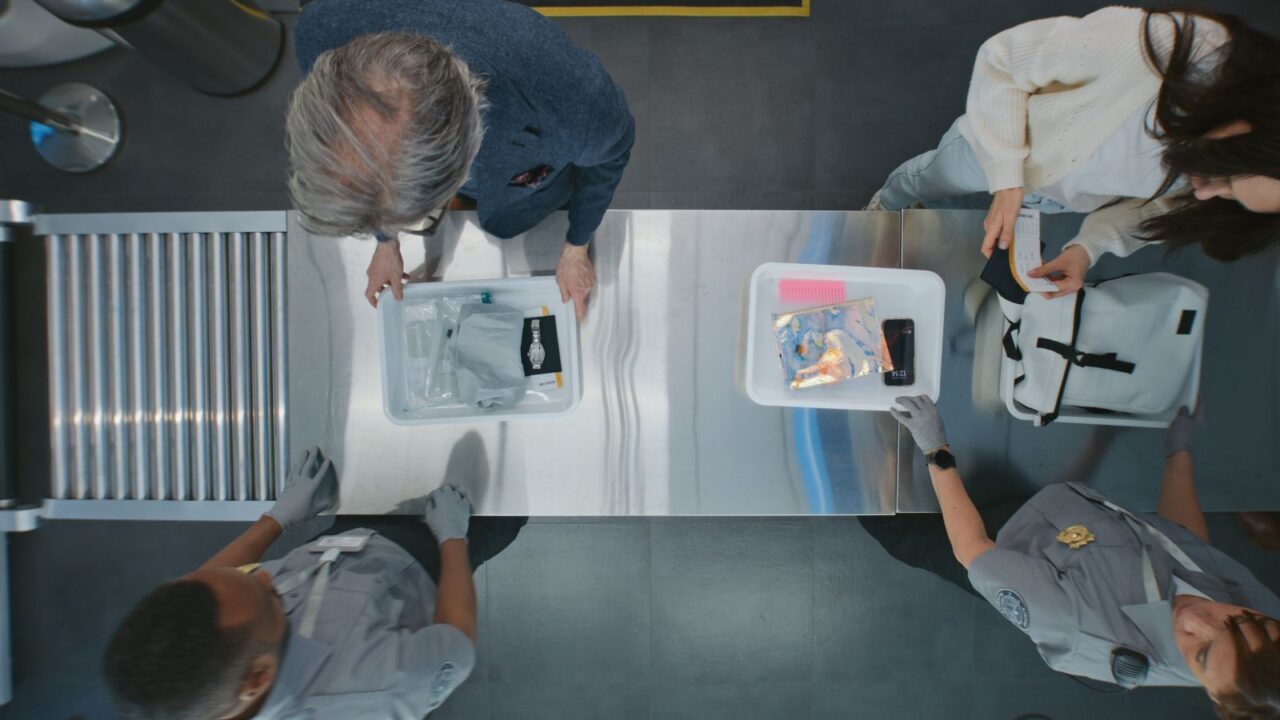
Rules on batteries and smart bags
New TSA regulations also affect items like lithium batteries and “smart luggage.” Many battery types must be carried in hand luggage instead of checked bags. Delta is enforcing these restrictions to comply with safety laws.
Travelers with high-tech gear should review updated TSA guidance to avoid losing items at security checkpoints. These rules also apply to e-cigarettes, power banks, and other electronic devices that could pose risks if stored improperly.

Cashless airports roll out
In 2025, some Delta-operated international airport locations are beginning to phase out cash payments, aligning with a global shift toward digital and card-based transactions. This shift improves efficiency and reduces risks at international counters.
For passengers, it means planning by carrying cards or mobile wallets when flying through affected airports. Many global airports are already moving in this direction, so Delta’s update is part of a wider trend in travel.
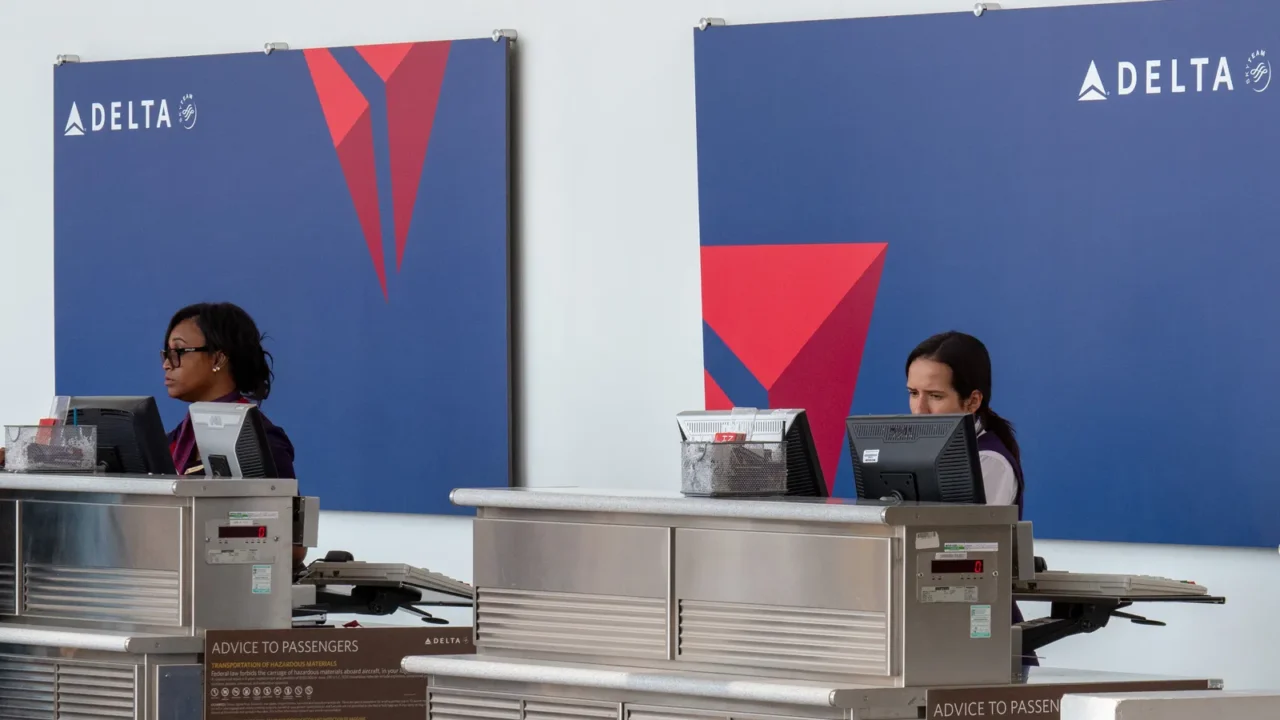
Enhancements at major hubs
Delta has invested in upgrading terminals at several U.S. airports. Modernized lounges, digital check-in areas, and expanded security lanes aim to improve the travel experience. By adding these conveniences, Delta hopes to attract frequent flyers who value comfort alongside punctual service.
Updated spaces also help reduce congestion during peak travel times. These upgrades are expected to roll out gradually across major Delta hubs, including Atlanta, New York, and Los Angeles.
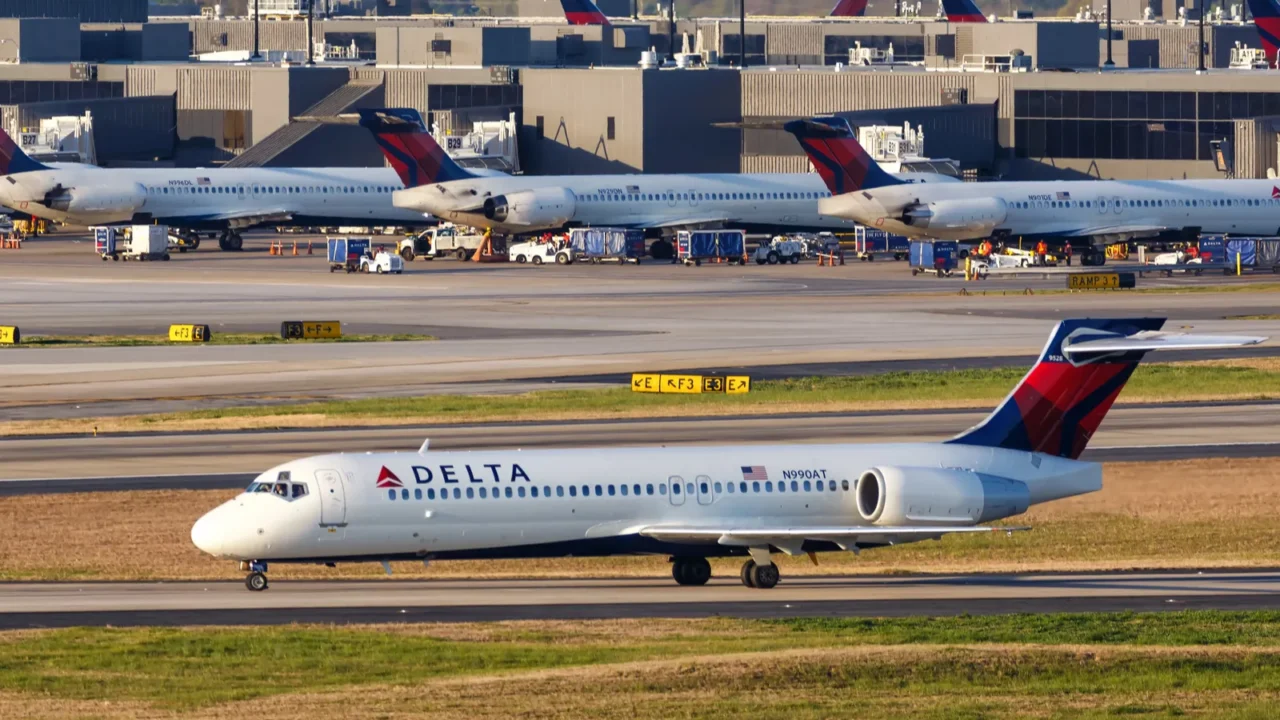
Loyalty program updates
SkyMiles members will see new benefits in 2025. Tiered rewards, faster mile earning on premium fares, and exclusive partner perks are part of the refresh. Delta says these updates reward both business and leisure travelers.
Stronger loyalty programs encourage repeat bookings and keep customers engaged even when competition is fierce. Some benefits also extend to co-branded credit card holders, making the program more appealing to frequent spenders.

Strong financial performance
Despite cutting growth, Delta’s financial results remain solid. The airline reported profitability in 2025 while maintaining top operational performance.
Staying financially healthy means Delta can continue investing in technology, new aircraft, and customer service. For passengers, that translates into stable operations rather than cost-cutting that reduces quality.
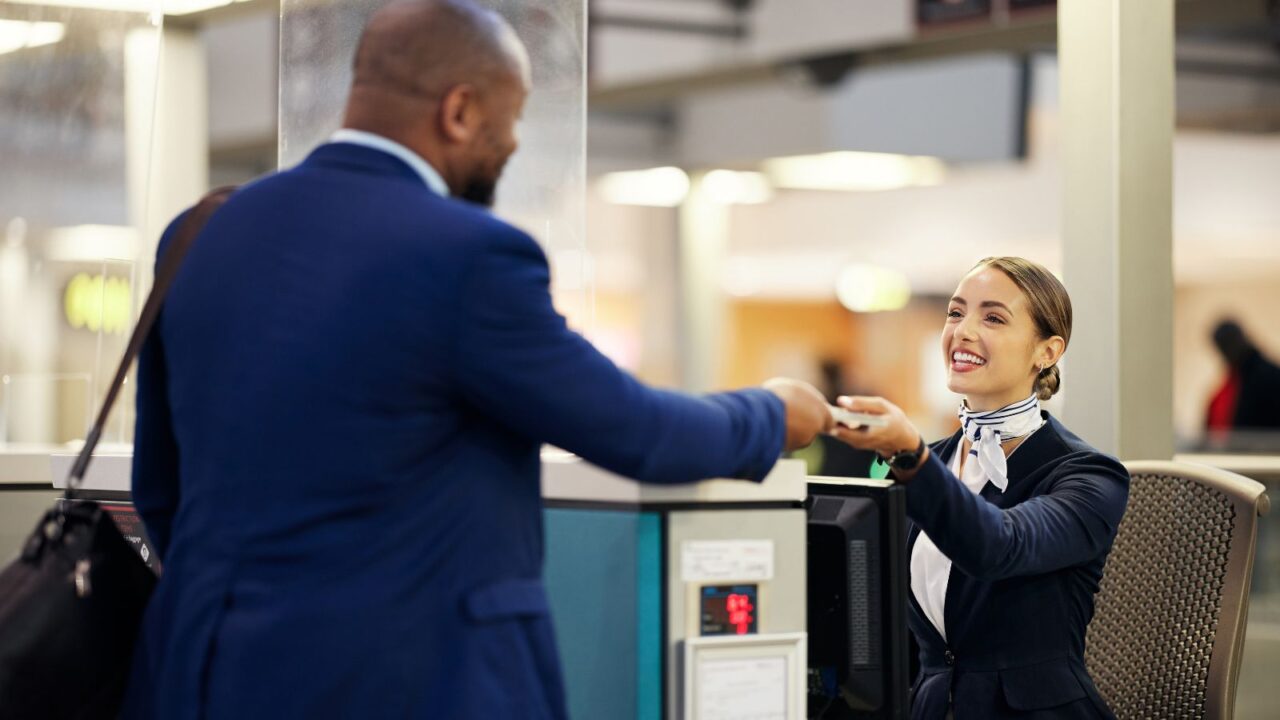
Focus on safety and trust
Safety remains Delta’s core message. From aircraft maintenance to cabin cleanliness, the airline says investments continue to protect passengers.
Trust in safety helps travelers feel comfortable booking even during uncertain times. Combining this with punctual flights and fair refund rules keeps Delta’s reputation strong. But as Hawaiian cuts back on certain routes, travelers may need to rethink how they plan island getaways.
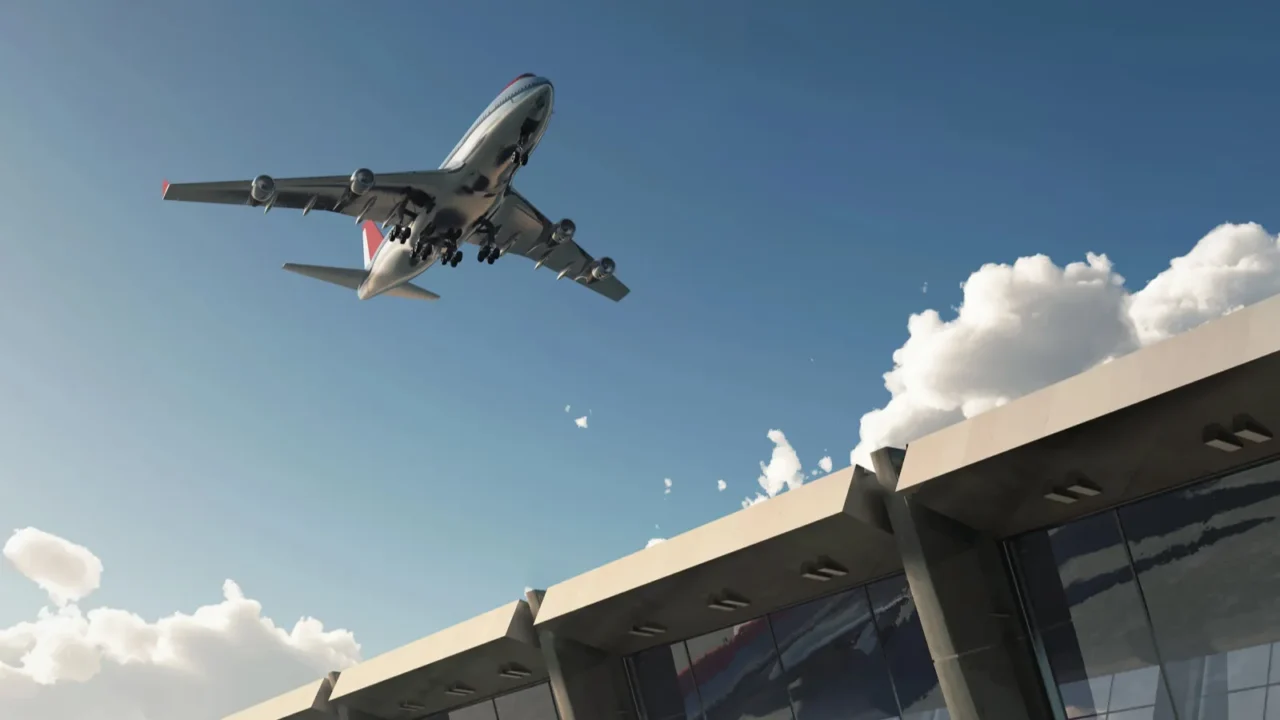
Adapting to demand shifts
Delta is adjusting schedules to reflect how travelers fly today. International routes are expanding, while domestic growth is being held steady.
This balance helps the airline capture new markets abroad while avoiding overcrowding in U.S. hubs. Passengers benefit from more choices overseas without worrying about domestic service dropping sharply.
If you’re planning an international trip, keep an eye on these shifts; your baggage rules and flight options may look different soon.
Do you think these new Delta changes will make flying easier or more stressful?
Read More From This Brand:
- 15 challenging countries for solo female travelers and why
- How to plan a zero-waste road trip across the U.S.
- Where Canadians are spending their $20 billion travel dollars instead of the U.S.
Don’t forget to follow us for more exclusive content right here on MSN.
This slideshow was made with AI assistance and human editing.